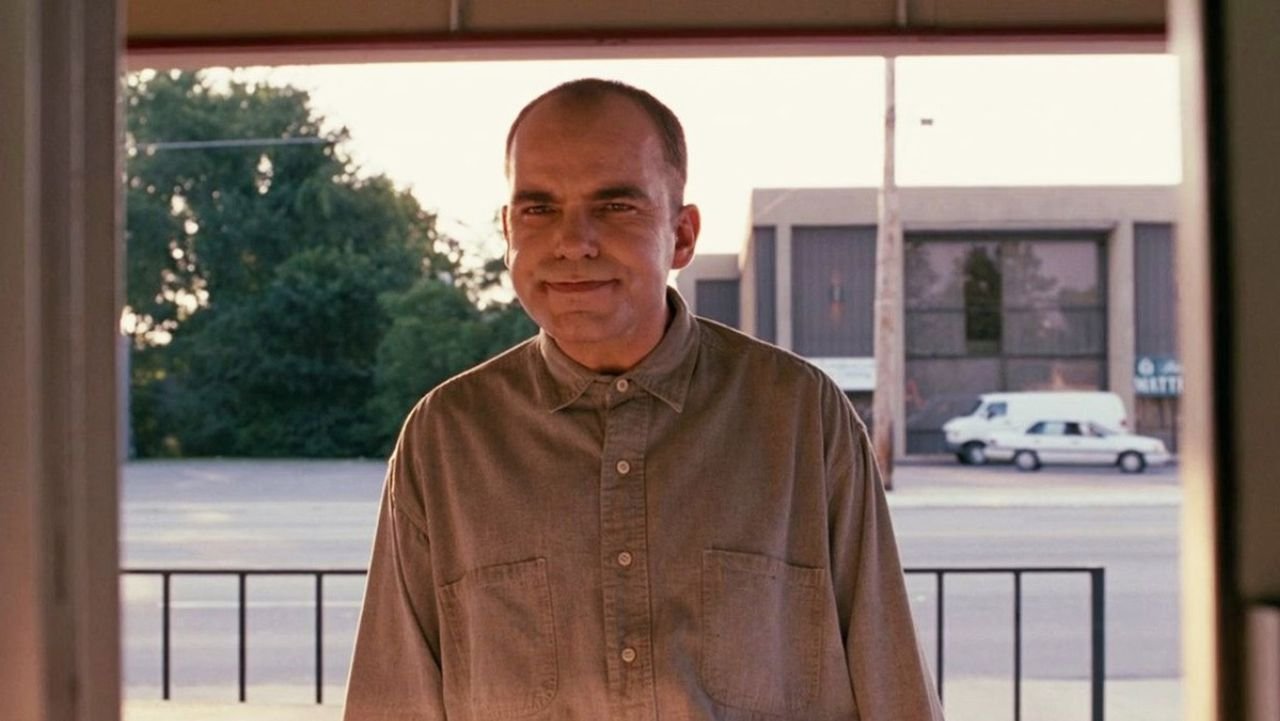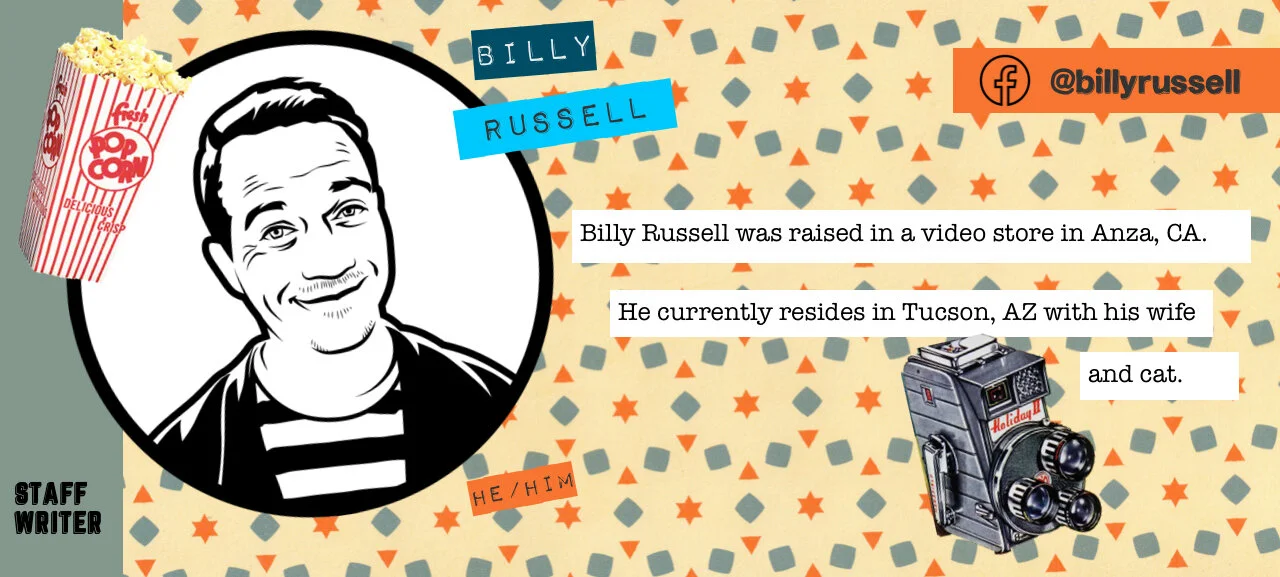SLING BLADE at 25: Billy Bob Thornton's master work
by Billy Russell, Staff Writer
Sling Blade is such an oddity to me. If I sit down and really dissect the plot of it, I’m surprised that it works as well as it does. I’m surprised that it winds up a coherent movie, a good movie at that--and it absolutely baffles the senses that I believe that, against everything, it’s even a great movie.
Part of it is because Billy Bob Thornton, as a writer, isn’t concerned with the plot moving forward through acts of god. I don’t believe he sees himself as the storyteller controlling the lives of his characters. The way his movies play out is as though he lets his characters talk, react and lets them decide how to best get this thing from Point A to Point B. He acts as an observer, allowing his characters to work their way out of the corners he’s written them into.
One False Move, which he wrote before Sling Blade, is similar in how it unfolds. A weaker movie would have possibly moved into the same direction, with an explosion of violence at the end, but the way it was crafted felt unavoidable. Sling Blade does the same thing, with Karl fulfilling his destiny of committing an act of violence, as though the decision is out of his hands. What happens, he must do.
The film begins with Karl being released from a mental asylum. Years ago, he killed his mother and her lover. He killed them most brutally and doesn’t appear to have any guilt over it. The only reason he’s being released is because he was never mentally fit enough to be held legally for murder in a prison and because his time has been served. He doesn’t appear to have any desire to commit violence again, so according to the powers that be in American bureaucracy, he’s society’s problem.
He meets, and befriends, a young child by the name of Frank, and his mother named Linda. Doyle is the mentally and physically abusive alcoholic who terrorizes them with a constant threat of violence.
Of course, everyone has a choice, but what helps Sling Blade feel as real as it does, is that everyone is in a situation they feel they have no power over. Young Frank and his mom Linda are trapped in an abusive household under the psychotic Doyle, and only someone like Karl, who has nothing to lose, can enact the type of violence that could free them from him. In his screenplay, Billy Bob Thornton sets up the chess pieces and allows the characters to reach the inevitable. What happens isn’t necessarily surprising, he has no intention of subverting expectations, but it does feel organic in how they reach their conclusions.
Thornton also directs the story with a surprising breeziness. For such an intense story, it doesn’t play out that way. We live with the characters for a while, as everything unfolds and see everything in its entirety, for better or worse. We see Doyle at his worst, and we see him at his best. We see characters capable of creating both joy and misery in equal measure. We see them not as plot mechanisms, but as living, breathing people.
All of the characters have been cast perfectly. John Ritter is, of course, as good as always. Ritter has a natural ability to steal the show when he’s on screen. Dwight Yoakam as Doyle brings a playfulness to his menace. He’s disturbing in all the right ways, like someone who doesn’t believe themselves a bad person, even as they’re actively causing misery. Dwight Yoakam, I think, has always been underrated as an actor. Between this and his appearance as Lane Pratley on “King of the Hill” I think he has a natural comedic ability.
And, of course, Thornton’s performance as Karl Childers is iconic. It’s a difficult role to play, to take it as far as he does without venturing into parody and unintentional comedy. A role like this could have easily sunk the entire movie. Thornton carries the movie through performance, script and direction, which is no small feat--what he does here is nothing short of masterful.
Sling Blade feels like a movie that could have been directed by David Gordon Green in his prime, a sort of Southern Gothic drama with a sort of fly-on-the-wall perspective in viewing everything free of judgment. What happens, happens. It’s neither right nor wrong, just a slice of life. It’s almost Malick-esque in allowing its small-town setting to be essential and irreplaceable. You can feel the heat, the humidity, hear the bugs and smell the sweat. Even after the movie ends, you can imagine what happens next for everybody.


